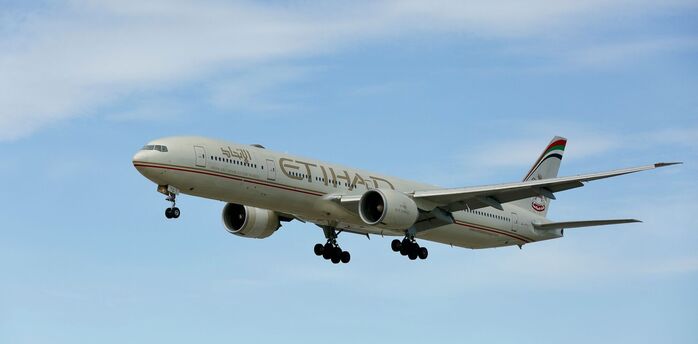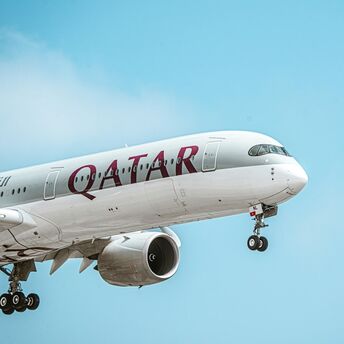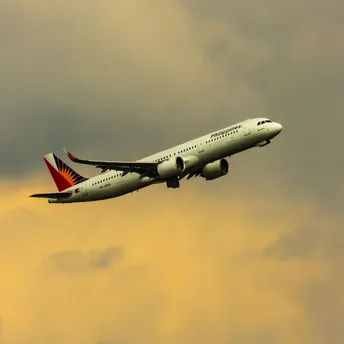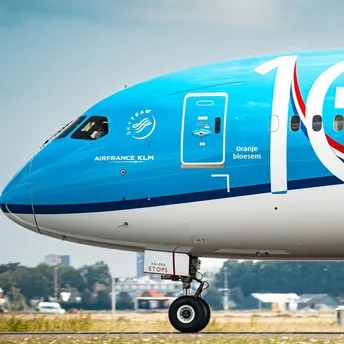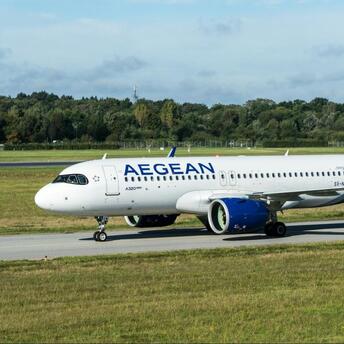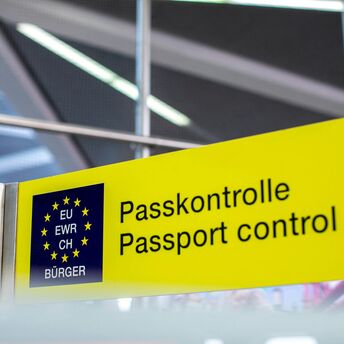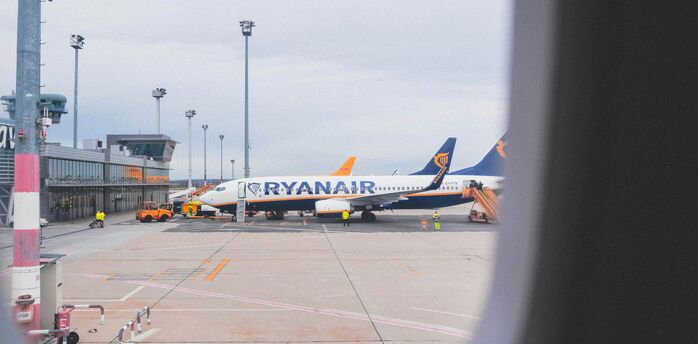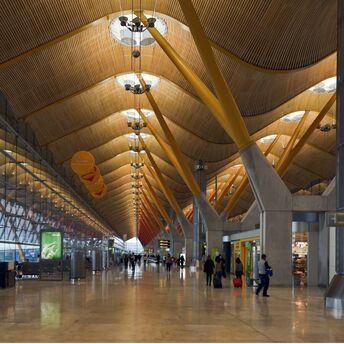Helsinki Strike Shakes Flight Schedules Ahead of Summer Rush

Finnair has cancelled about 50 scheduled flights for Monday, 2 June, due to industrial action launched by the Finnish Aviation Union at Helsinki Airport. The strike, lasting four hours, targets essential services such as baggage handling, ground operations, and catering. The knock-on effect is expected to jam up everything from check-in counters to connecting flights, spreading delays far beyond just the cancelled routes.
Helsinki Airport has been hit by its second strike in less than a week, the first having taken place on 30 May. Like before, the protest focuses on staggered work shifts, which affects multiple parts of airport operations throughout the day. Finnair is notifying affected passengers through its usual digital tools. Although rebooking and refunds are being arranged, travellers are still facing sudden changes to their plans.
Flights within Europe and around the Nordic region are seeing the heaviest disruptions, especially those passing through Helsinki. Destinations like Copenhagen, Riga, and Stockholm are among the most affected. Some longer journeys are also facing setbacks, as normal turnaround routines between flights are off schedule. Those travelling through Helsinki are urged to come early, keep essentials in carry-on bags, and check updates frequently.
Another wave of disruption may occur on Wednesday, 4 June, as the union has announced a follow-up strike. Finnair has not yet released a list of affected services for that date, but disruptions are considered likely. Passengers with flights scheduled mid-week are encouraged to review their itineraries, anticipate possible delays, and, where possible, modify travel arrangements in advance to minimise uncertainty.
These strikes come at the beginning of the busy summer travel period, when air traffic in Northern Europe typically increases. Disruptions at Helsinki, a key hub for Nordic and transcontinental travel, have a ripple effect on international connections. The situation highlights the importance of flexibility, advance planning, and real-time updates in navigating modern air travel during periods of operational instability.


